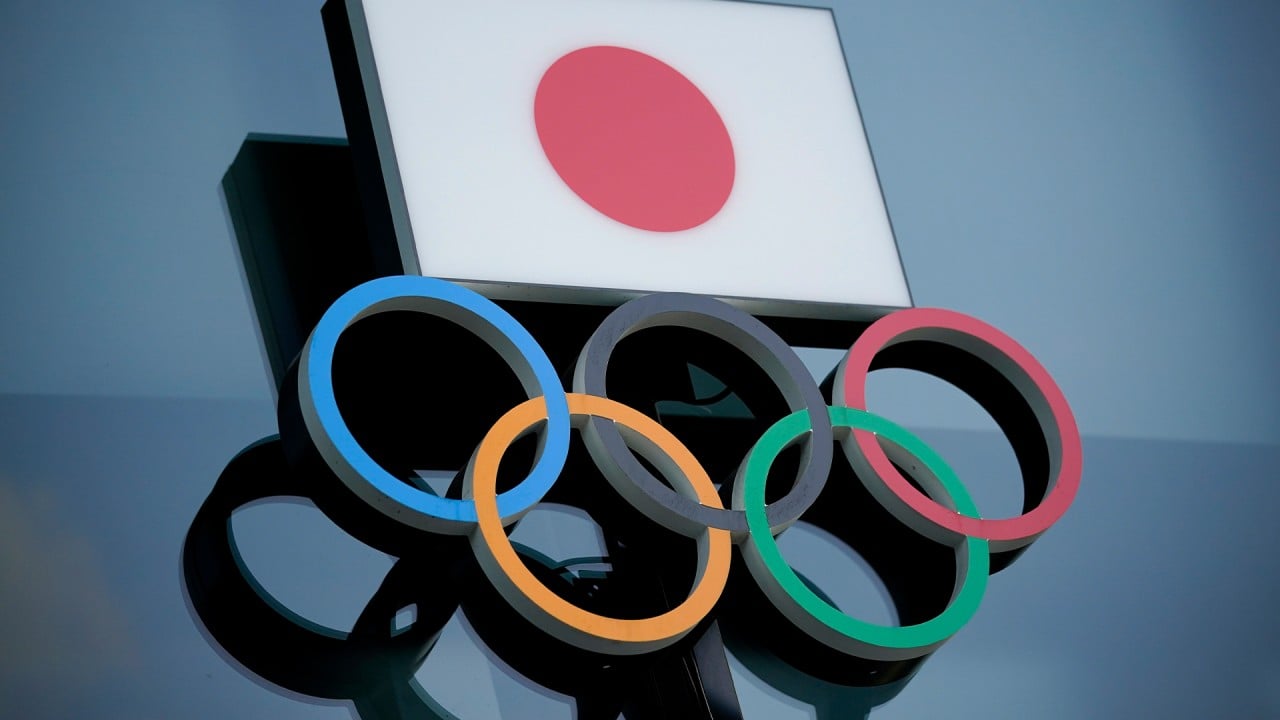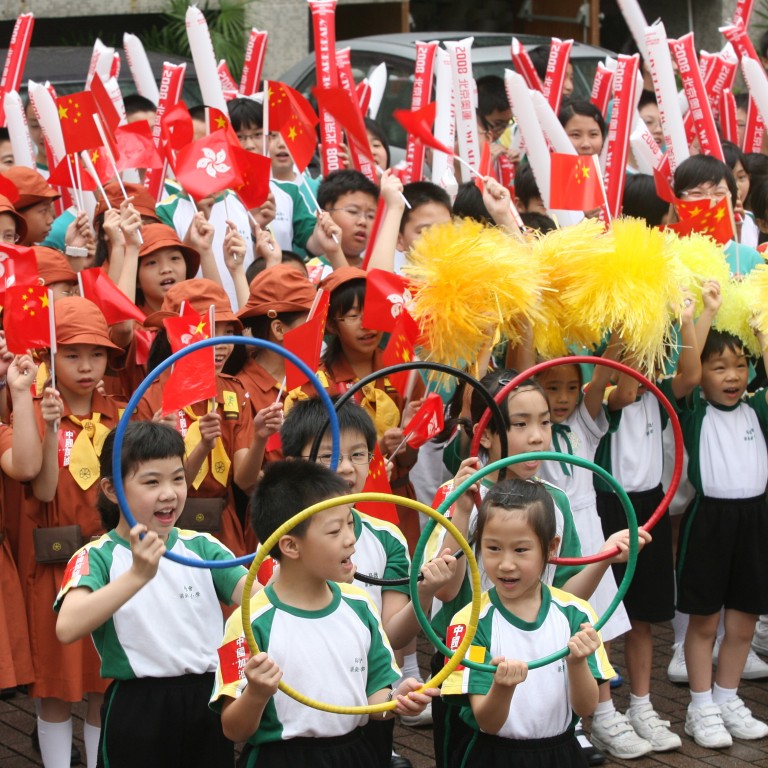
Carrie Lam’s Tokyo Olympics TV deal: a bid to reignite Hong Kong’s patriotic fervour like in Beijing 2008?
- As the Hong Kong government snaps up the broadcast rights to the Tokyo Games, observers wonder if what it really seeks is a national pride pick-me-up from a bygone time when most Hongkongers identified as Chinese
- But in the years since Hongkongers turned out to cheer the Chinese heroes of Beijing 2008, protests, arrests and a national security law may have taken the shine off the soft power value of gold medals
In the third instalment of our Tokyo Trail series on key issues surrounding the Olympics, we look at why Hong Kong’s government snapped up broadcast rights to the Games.
It may sound surreal now, but tens of thousands of Hongkongers turned out to cheer for the Beijing Olympic torch relay when it came to the city in 2008.
According to a study by the Public Opinion Research Institute (Pori), more than 51 per cent of Hongkongers identified as Chinese during the Beijing Olympics, the highest level since the survey started in 1997.
But things soon went downhill.
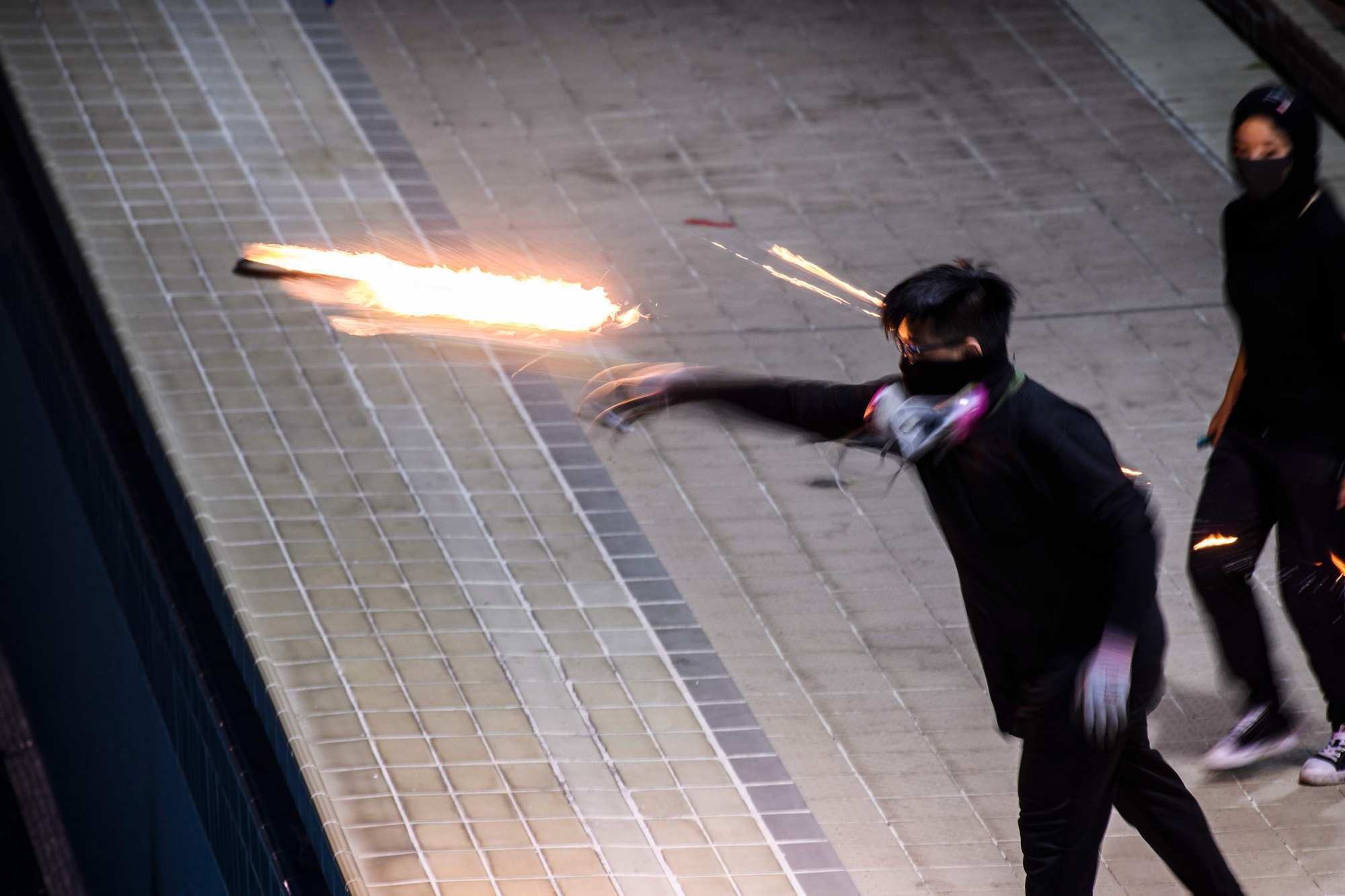
Lam later described her move as widely welcomed by the community, especially the sports sector, while veteran pro-Beijing politician Tam Yiu-chung went further, suggesting the government purchase the broadcasting rights for all future Games.
As Xi backs Tokyo Games, China hopes to avoid boycott of Beijing 2022
Critics and academics took an opposite view. They said the purchase set a precedent of interference in a free economy. They also suspected a hidden agenda, warning that any attempt to use the Games to enhance national identity or ease tensions between the government and the public would be doomed to fail.
The deputy executive director of Pori, Chung Kim-wah, said the government had failed to grasp the current political climate, in which people were indifferent and cold towards whatever it did.
“People are just treating [the Games] as another television show, while young people might not even feel interested watching it,” he said. “Residents were hopeful in 2008 [after the government’s first attempt at a] national security law did not pass in 2003, but that sense of optimism has faded in the last decade.”
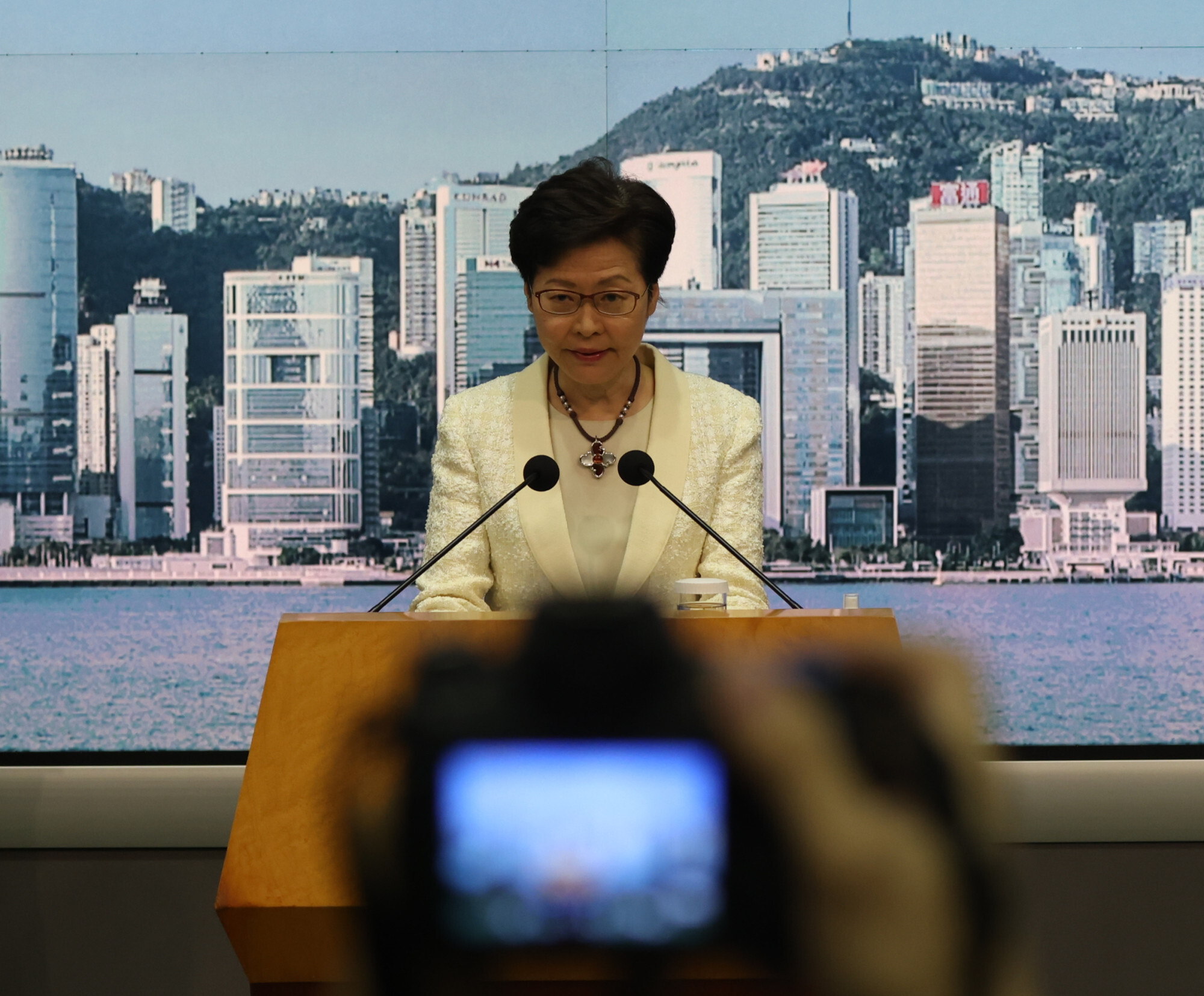
Just another show?
With two months to go before the Tokyo Games begin, the city’s leader, with the home affairs minister by her side, took everyone by surprise when she announced that the government had closed a deal with the Japanese media firm Dentsu, which holds the broadcast rights for much of Asia.
Explaining the extraordinary move, Lam said she had first had the idea after Hong Kong’s success at the 2018 Asian Games, and she then instructed the Home Affairs Bureau to look into it in May 2019.
Lam said it would be a great pity if the people of Hong Kong were denied the chance to watch the Games and to cheer on all the athletes representing mainland China and Hong Kong.
A government source with direct knowledge of the deal denied the purchase had anything to do with the political climate or national identity, but admitted it would cause “no harm if Hongkongers feel happier watching the Games supporting national and local athletes” after the “series of events” the city had experienced.
“It was not an abrupt decision, but one which was planned before the movements,” the source said.
Speaking anonymously, Lam’s advisers in the Executive Council said due to the confidentiality of such commercial deals, they were not notified about the decision until the day of Lam’s public announcement.
“Lam just said that the government was spending less than the HK$120 million a local television station spent in bidding for the broadcasting rights of the London 2012 Olympics,” the source said. “That’s not a really big amount so I guess the government can make the call and there was no need to do consultations.”
“I would not say the Games could enhance people’s sense of national identity, like in 2008, but after all it’s not a bad thing as people can have something to watch and discuss apart from the pandemic,” the adviser said.
Tokyo Olympics: No talking during meals – what HK athletes can expect of their stay amid Covid-19
Tam Yiu-chung said the pro-establishment parties had long urged the government to pay for the shows “for the sake of Hong Kong people”.
“It depends on how people interpret the matter politically. For me, it is great that people can watch the Chinese team and the Hong Kong team and cheer for them,” he said.
“I think the government should not make it a one-off arrangement. It should do the same in the future, as the price is too high when broadcasting companies compete with one another, or the government can invite the Jockey Club to make deals for international games, as the club’s target is to promote sports.”
International sporting events such as the Olympics and the Football World Cup had in the past been effective at boosting national pride, academics said. But their effectiveness depended on how people perceived their governments at the time.
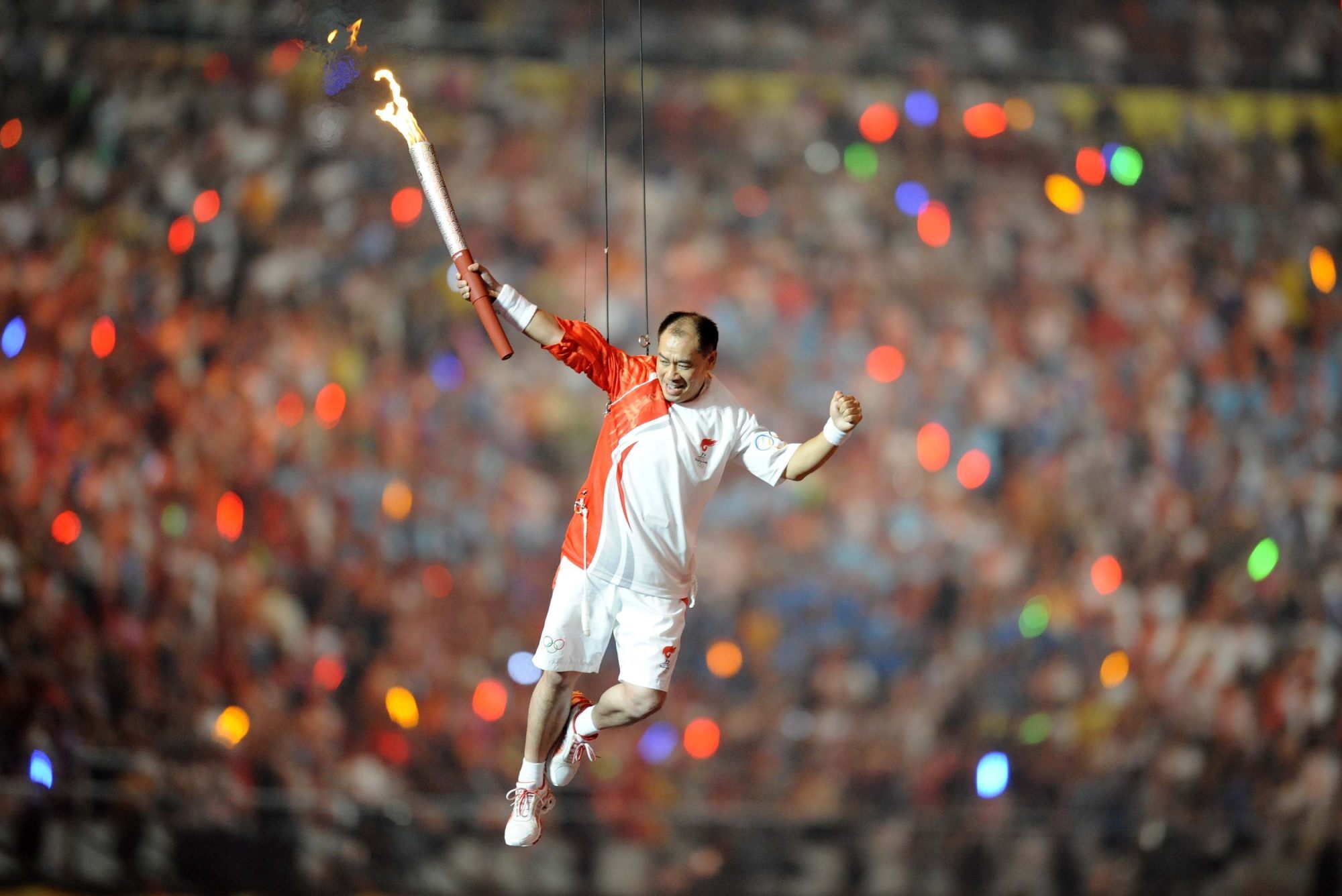
GOLDEN MOMENTS
During the 1984 Games in Los Angeles, Chinese gymnast Li Ning became a household name in Hong Kong after winning three gold medals.
Over the years Hongkongers have also squeezed together at homes and electronic stores to watch the Chinese women’s volleyball team compete, a time when shouts and cheers can be heard in the streets.
But the days when Hongkongers cared about the performance of mainland China’s athletes may be fading, said Chung, of Pori.
During the Rio Games in 2016, Hongkongers were most supportive of local athletes when they were pitted against mainland China competitors, Chung pointed out, while enthusiasm faded further following the Occupy movement and the rise of localist sentiment. At times, social media was flooded with mean-spirited comments after some of mainland China’s top hopes suffered setbacks.
Tokyo Trail: key issues surrounding the 2020 Olympics
Chung said that in the past the central government would arrange for gold medallists to visit Hong Kong as a “soft tactic” to boost people’s patriotism, but such moves were getting “less and less effective”, with only supporters of the government finding such celebrations enjoyable.
“Statistically, there has been no improvement in Hong Kong people recognising themselves as Chinese, nor did they endorse any government officials in the current administration,” he said, adding that only 4 per cent of people in the 18-29 age group identified as Chinese.
“The national security law is one thing, but people are also unhappy with the [Carrie Lam] administration, during which we have suffered from the pandemic and a high unemployment rate, while people seem to be unable to complain or reflect their discontent,” Chung added.
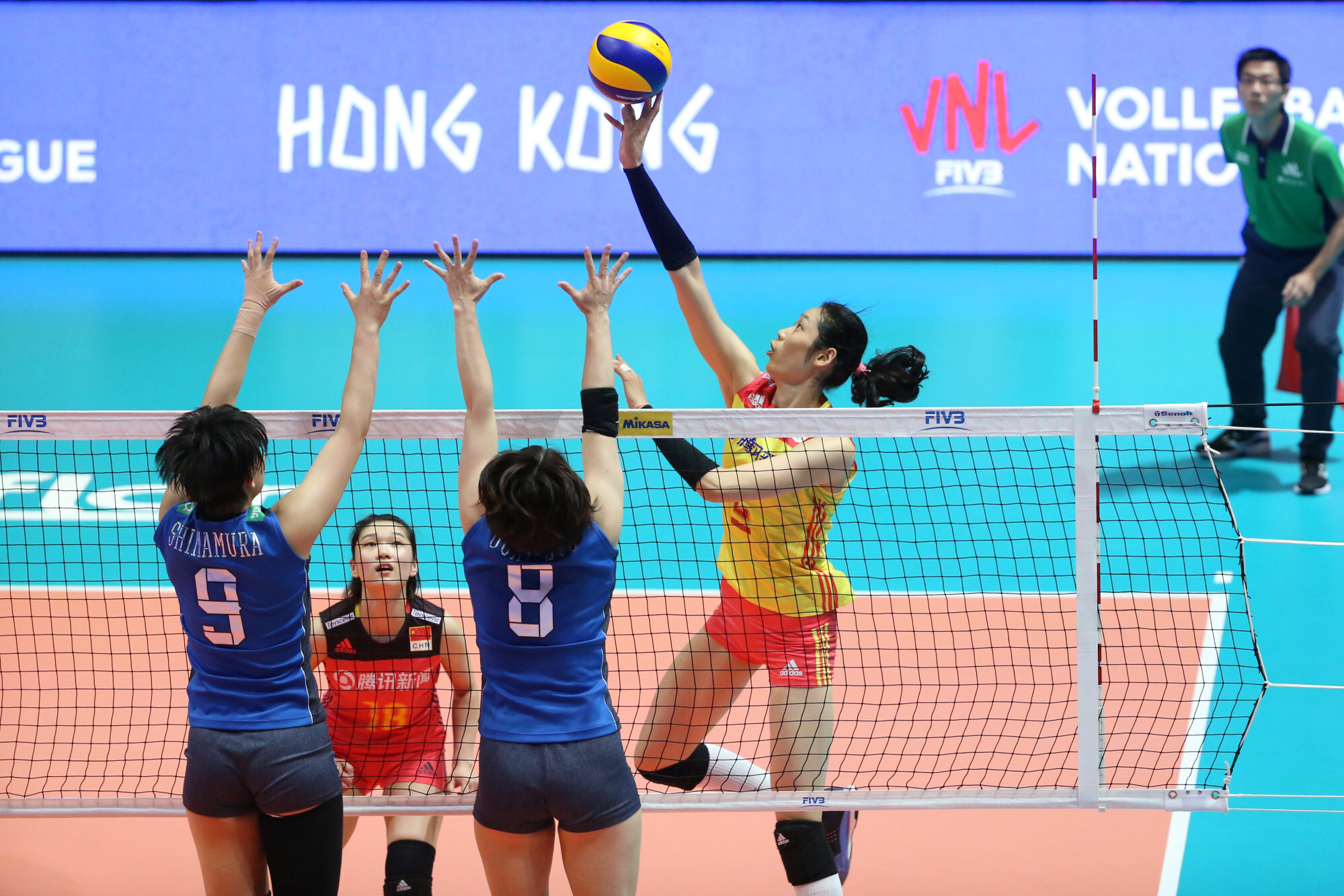
A study by Chinese University’s Hong Kong Institute of Asia-Pacific Studies also concluded that the public’s feelings of national identity had peaked in 2008. The university has not done the survey in recent years.
Stephen Chiu Wing-kai, who used to carry out the CUHK survey before he left to work as chair professor of sociology at Education University in 2017, said international sports events could enhance people’s sense of patriotism, and this was particularly so when Hong Kong had a more liberal government in the first 10 years after the handover from British rule in 1997.
Why Tokyo thinks its Olympics show must go on – even as Covid-19 booms
“The city is now quite divided, with young people disapproving of the government, while some elderly people have actually become more patriotic after the anti-government movement. I do think the government has made a wise move, as most television channels will be playing the Games now, even though not many people are interested in watching. Somehow it may bring positive effects,” Chiu added.
Professor Michael Davis, formerly a legal academic at the University of Hong Kong, said Hongkongers had long held contradictory feelings – wanting to identify with the mainland while at the same time distrusting the current ruling regime – but they were still hopeful in 2008 that the “one country, two systems” principle, under which Hong Kong enjoys freedoms and civil liberties not found on the mainland, would endure.
“An easing of the recent repressive policies in Hong Kong and on the mainland would have the most positive effect in [helping people] identify with China,” he said. “Ultimately, a return to the commitments for democratic reform and the rule of law, as those commitments stood in 2008, would be more effective than the current policies in generating those sorts of patriotic feelings.”
Lam’s television deal, which marks a major policy U-turn as previous administrations have rejected public calls to bid for broadcasting rights for global sporting events, also drew criticism from the business sector.
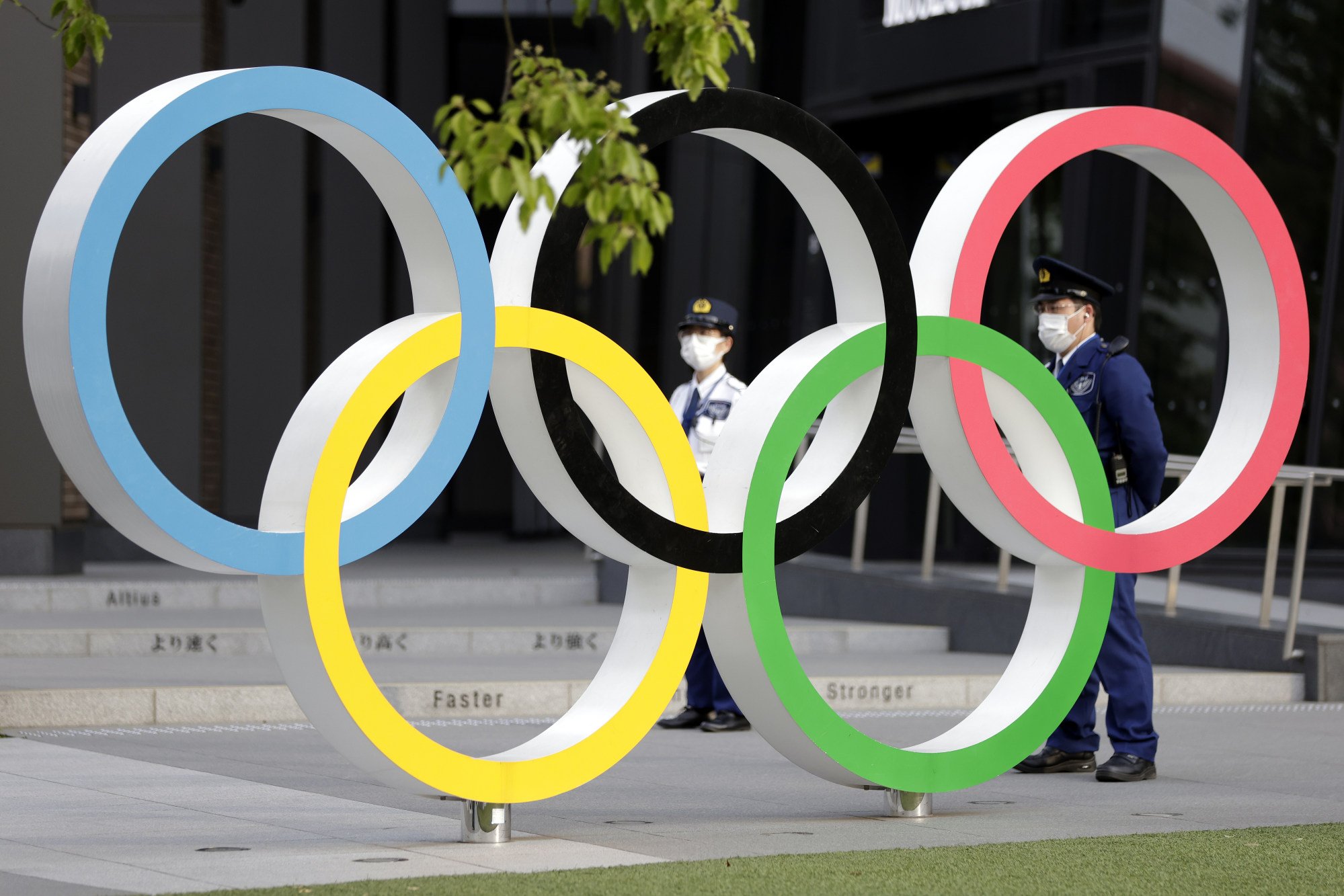
David Webb, a long-time city investor and founder of Webb-site, which provides reports on the city’s affairs, said the deal was “just another example of mainland-style central planning that the government is nowadays engaging in”.
“Having done this once, the government will now be expected to intervene in future, so the broadcasters will think ‘why should we pay if the government will pay for us?’ The intervention removes competitive market forces, and thins out the advertising or subscription revenue across multiple stations,” he said.
Webb was “utterly unconvinced” by Lam’s claim to have planned the purchase since 2018, citing how commerce minister Edward Yau Tang-wah had said in the same year that the government should not intervene in the bidding process for such events.
“The move also sets a dangerous precedent – can we expect the government to bid for various European soccer leagues’ TV rights and compete with the commercial stations for those rights? How about World Cup soccer, or Formula One racing?” Webb asked.
“Whatever the economic conditions, it is up to broadcasters to decide whether there is likely to be enough viewer interest in the event to bid, and for the licence-holder to decide what price and other terms they are willing to accept.”












